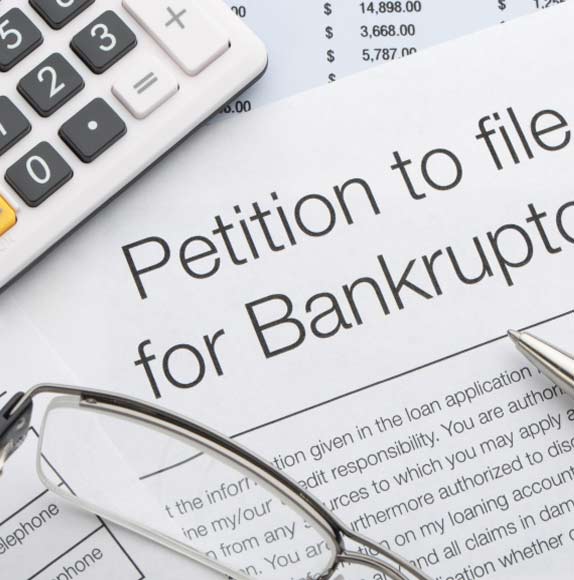What Is The Difference Between Chapter 7 And Chapter 13?
An individual or a married couple filing for bankruptcy will want to consider both Chapter 7 (liquidation) bankruptcy or a Chapter 13 (consumer reorganization) bankruptcy. But how do you know which will be the most beneficial to you?
To start off, the main difference between a Chapter 7 bankruptcy and a Chapter 13 bankruptcy has to do with the payment to creditors. In a Chapter 7 bankruptcy, you discharge your debts without making any payments to creditors, other than secured debts such as mortgages and car loans.
Under a Chapter 13 bankruptcy, you will create a monthly plan for payments (over a three- to five-year period) for disbursement to creditors. This plan will allow you to better manage your finances by personalizing it to your financial situation.
Factors To Determine The Type Of Bankruptcy To File
Whether you can file a Chapter 7 bankruptcy without making any payments to creditors depends on several factors, including:
- Level of income leading up to the filing of the bankruptcy
- The amount, if any, of monthly income in relation to monthly expenses
- Whether you are trying to stop a foreclosure
- The value of various assets you own
What Is The Means Test?
If you primarily have consumer debt, you must complete a fairly complicated calculation referred to as the means test, which takes into consideration your income for the six months prior to filing bankruptcy, along with certain allowable deductions. If you pass the means test, you are eligible to file a Chapter 7 bankruptcy, whereas a debtor who fails it is required to file a Chapter 13 bankruptcy.
A bankruptcy attorney can walk you through the means test and explain everything you need to know.
Stopping Foreclosure And Lien Stripping
Some people who pass the means test and qualify for a Chapter 7 bankruptcy might opt for filing a Chapter 13 bankruptcy anyway, due to their financial situation.
For example, a homeowner trying to save their house from a foreclosure can pay the mortgage arrears through a Chapter 13 Plan. In such a case, it may also be possible to remove the second mortgage (lien stripping) through the Chapter 13 Plan, an option that does not exist in a Chapter 7 bankruptcy filing.
You may also choose to file a Chapter 13 if you own property valued above the exemption levels. Depending on the value of the property, you may risk surrendering that property in the Chapter 7 bankruptcy, whereas you may be able to retain that property by making monthly plan payments in a Chapter 13 bankruptcy.
Which type of bankruptcy you are eligible to file and which is most beneficial to you requires an involved and detailed analysis of your financial situation. It is best to consult with an experienced bankruptcy attorney who can answer your questions and advise you.
Contact Our Firm For A Free Consultation
For more information or to schedule a free initial consultation with an experienced lawyer, please contact the Law Offices of Ira C. Yellin, LLC, today. You can call us at 508-528-8885 or fill out our online contact form.
We are a debt relief agency as defined by the Bankruptcy Code, 11 USC § 101(12A).

